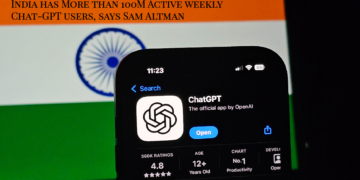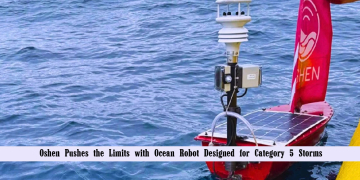The electric car industry will be a multimillion-dollar or perhaps billion-dollar business in the future. Everyone has a vested interest in making money from this sector. For example, starting the EV vehicle charging station business. The most important thing to understand about this business is the many forms of billing possibilities. Because it is a popular charging station and more convenient, about 90% of electric vehicles utilize three-pin plug chargers. The AC slow or medium charging technique is the second choice, while the DC rapid charging method is the third.
EV Scooters Or Electric Two-wheelers
Now we’ll look at the many types of electric automobiles. Let’s start with India’s electric two-wheelers. Let’s narrow it down to 100 EV two-wheelers among India’s 100+ two-wheeler models. Only 6 out of 100 two-wheelers enable DC fast charging. They are the Ather EV scooter, Ola electric scooter, the future basic one-two-wheeler scooter, Kabira mobilities KM 3000 and KM 4000, and the Ultraviolet F77 will be launched next year. Ather electric two-wheelers and Ola electric two-wheelers use various connectors out of these six electric two-wheelers. These charging stations do not work with an electric fast charger.
Electric Three-wheelers
None of them support the DC quick charging technique for electric three-wheelers, such as autos and loaders. They may use them with either 3-pin plugs or an IEC60309 industrial socket. It is preferable to start with a 3-pin plug to establish an EV charging station company in India for electric two-wheelers like EV scooters or electric three-wheelers like EV vehicles.
EV Four-wheelers Or EV Cars In India
Last but not least, there’s the category of electric four-wheelers, which is the most profitable. EV cars in India are the most promising option. EV vehicles are now available in India in roughly 8-9 variants. The good news is that 80% of electric cars support DC fast charging. The CCS type 2 Connector supports DC rapid charging. It is available at practically all EV charging stations in India, including Tata Power, MG Motors, Hyundai Showrooms, and other Public Charging Stations.
What is CCS?
For electric cars that need frequent charging, use another type of connector namely Combined Charging System or CCS. It’s an open international standard, which means automakers from all over the world use it. The “combined” component of the term is that the connector works on a low-power, slow-charging Type 2 connector. The CCS connector incorporates part of the Type 2 interface’s connectors and adds two extra DC power lines that can operate at greater voltages than the conventional connector. The BMW i3, Kia e-Niro, VW e-Golf, and Jaguar I-Pace are among the automobiles that employ CCS connections.
Cross Compatible Networks Might Boost The Future EV Adoption
Cross-compatible charging networks have the potential to promote Cross-compatibility and is quickly becoming one of the most significant growth areas for EV infrastructure. E-roaming plans supported by the European Union ensure that electric vehicles have a far more diverse and expansive charging ecology, not just in terms of how chargers are utilized but also how they may charge vehicles. Hubject, for example, has developed simple smartphone apps and subletting agreements with gas station owners to allow customers to access EV charging networks that are affiliated with them. Meanwhile, Eastlink is pushing the industry toward charging cross-compatibility using wi-fi charging schemes that might allow drivers to smoothly refuel their vehicles regardless of model or connection type. Several types of electric vehicles (EVs).
Hence, cross-compatible networks might play a significant role in future EV adoption in India. The increasing EV customers will require more numbers of EV charging stations. That is good in the sense of starting an EV charging station business. You can think about starting this business by considering the future EV adoption.






